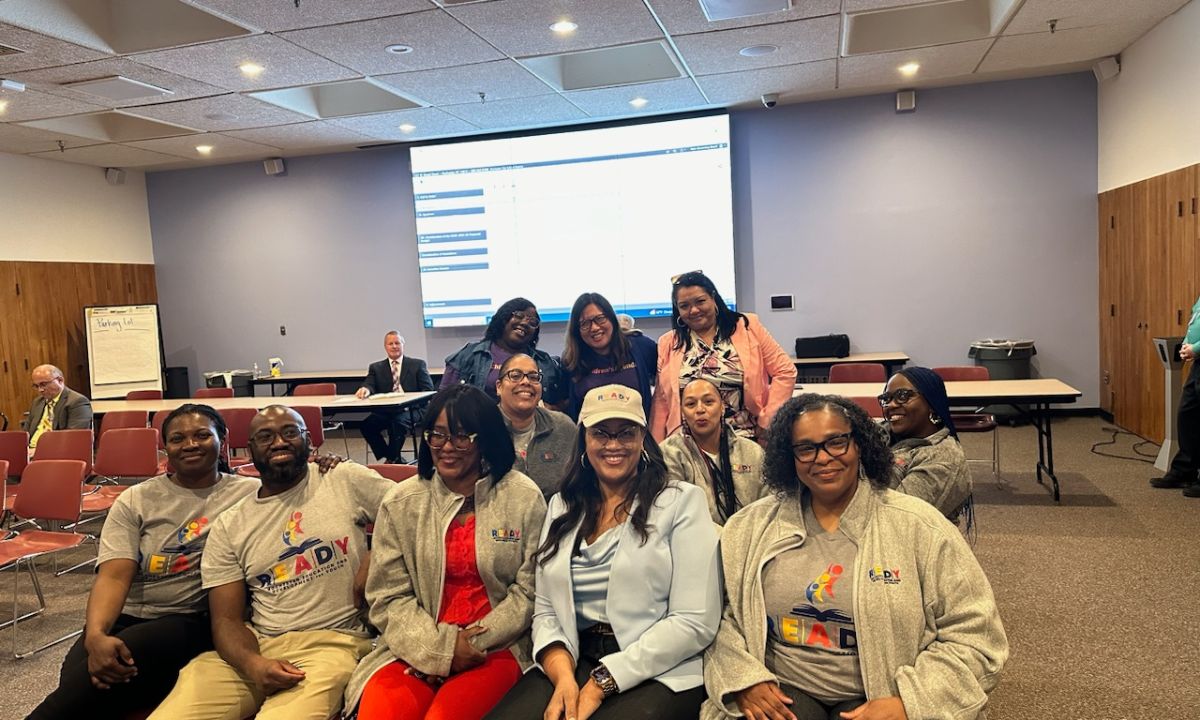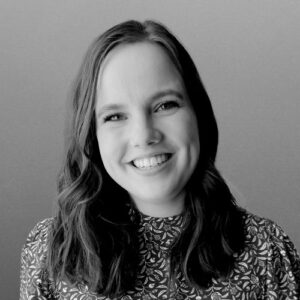As NY District Implements Science of Reading, Parents Push for New Focus on Math
Only about 15% of Rochester students in grades 3-8 are scoring as proficient. District is aiming for 40% by 2028.

Get stories like this delivered straight to your inbox. Sign up for The 74 Newsletter
One of New York’s largest school districts has grappled with a long list of challenges, including a revolving door of eight superintendents in the last decade and an enrollment drop of 15,000 students since 1998.
But the Rochester City School District, which teaches more than 20,700 students in upstate New York, is focusing on what leaders say is one of their biggest problems: poor academic performance in reading and math.
Officials are rolling out a new English language arts curriculum this school year and searching for an evidence-based math curriculum to implement in 2025-26. Just 16% of students in third through eighth grades are proficient in reading in the district, and only 14% are at grade level in math.
Interim Superintendent Demario Strickland said at an April 23 school board meeting that the district’s goal is to increase proficiency in both subjects to 40% by June 2028.
“If work is not going to lend to any of these goals, then that’s something we should not be focusing our energy on,” he said.
The district is implementing the Amplify Core Knowledge Language Arts curriculum for students in kindergarten through second grade to support foundational literacy skills, said district spokesman Brendan O’Riordan. Children in grades 3 to 6 are using a literacy intervention program called Really Great Reading, he said.
Like Rochester, many school districts around the country are switching their literacy curriculum to evidence-based materials that align with the science of reading. But there’s still a need for schools to take a look at math in a country where only about 1 in 4 eighth graders is proficient in the subject, said Ashara Baker, New York State director of the National Parents Union.
Baker said that over the past year and a half, she has advocated for legislation to improve reading and math instruction in New York schools. She also created a statewide math coalition to help spur improvement, especially in the state’s largest school districts: Albany, Buffalo, New York City, Rochester and Syracuse. Rochester’s student performance is the lowest of the five, according to a 2024 parents union report.
“A lot of folks … were spending a lot of time on literacy. I felt good that there were enough chefs in the kitchen, so I really wanted to refocus on math due to the simple fact that it wasn’t really a conversation across the country,” Baker said. “From the research that our coalition did, there were states who had already adopted state legislation for math, but New York state as a whole … for some reason, we’re not moving quick enough.”
Baker said that because New York has yet to pass statewide literacy requirements, changes in math instruction are still too far down the road.
In August, she helped publish the report as a way to spur change in both math and reading. In Rochester, reading proficiency rates dipped as low as 8% for fourth and fifth graders in the 2022-23 school year, according to the report, which is based on state assessment data. Math proficiency rates reached lows of 2% for eighth graders and 4% for seventh graders.
“I’m pushing these numbers in front of lawmakers so they understand how dire it is for us to really figure out where we’re putting our investments,” Baker said. “But then, also, they need to be held accountable. They need to understand that you can’t celebrate when you have 2% of eighth graders who are proficient in math.”
The district has been working to improve student performance for years. But it focused on graduation rates, which is the wrong priority, said Shanai Lee, a local advocate who worked in the district office for 13 years. She now runs the nonprofit READY, which helps community members and parents foster change in the district.
“What is happening? Are we relaxing standards to usher students out of the door? If we’re serious about the sustainability, the viability of Rochester, we have to begin to ask ourselves, ‘What are we graduating our students with, and what are we graduating them to?’ ” Lee said. “Because oftentimes, I’m hearing from our workforce that our kids just aren’t prepared.”
READY, which Lee founded in 2023, recently hosted its first Parent ACTION Academy. The academy is a nine-month leadership program that teaches families how to advocate with district leaders, lawmakers and school board members.
The goal is to ensure that Rochester children have access to quality schools. Lee said the organization estimates that only 10% of district students have the opportunity to attend a school that meets or exceeds state averages in test scores, teacher retention or graduation rate.
“We are ready for change. We are ready for quality schools,” Lee said. “We are ready to take control of the Rochester public education space as a community.”
Asked to comment on Lee’s responses to the district’s plans, Strickland wrote in an emailed statement that Rochester is “committed to a student-centered approach, focusing on excellence and equity to enhance academic outcomes. Our strategic plan goals aim to increase proficiency in ELA and math, with clear targets for improvement by 2028, ensuring we meet the diverse needs of our students and community.”
Baker said she sent the parents union report to Strickland to let him know that Rochester will be part of the statewide conversation around reading and math scores.
“I will champion any district who is willing to make the changes,” Baker said. “But if you’re not going to do right by kids and families, then I’m probably not the best person to be in the room with, because I’ll call you out on it.”
Get stories like these delivered straight to your inbox. Sign up for The 74 Newsletter

;)
